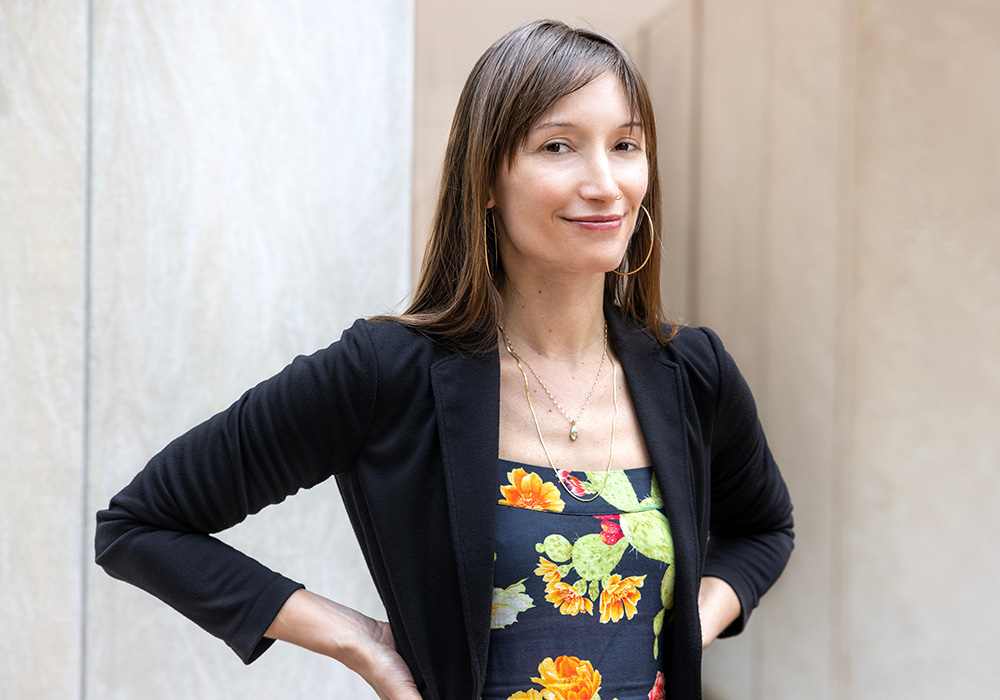Cultural anthropologist Monica Barra studies how racial inequalities are shaped by scientific practices, racial histories and climate change in the U.S. South.
Pressing research. Her primary work focuses on the politics of coastal wetland loss and ecological restoration projects in southern Louisiana, and its impacts to historic African-American communities living along the coast. Her ethnographic research with coastal communities and scientists forms the basis of her first book.
Collaborations. Since arriving at USC in 2018, Barra has worked with researchers in the natural sciences and engineering alongside coastal communities to facilitate collaborations between residents and scientists for more equitable climate change research.
A far-reaching reputation. Barra has been invited to speak and consult with a variety of national organizations, including the National Oceanic and Atmospheric Association, the U.S. Global Change Research Program and the National Center for Atmospheric Research.
Looking ahead. Barra recently began a second book project that looks at the legal and cultural politics of heirs’ property — which is land passed down to descendants without clear title — and how land tenuously held by descendants can be jeopardized by climate change policies. Her work in this field focuses predominately on African-American/Gullah communities and their advocates in coastal South Carolina.
“I have long been interested in the relationships between people, culture and the politics of environmental change. And, more specifically, how the transformation of places undergoing dramatic material shifts — be it urban redevelopment or climate change — is linked to modes of further entrenching, or challenging, persistent racial and economic inequity. Cultural traditions and structural inequalities can be deeply embedded in the material world, which means that when those worlds shift, culture and politics stand to shift along with it. My research reflects both an interest in understanding how racialized inequalities are reproduced by climate change science and policy, and how frontline communities of color challenge scientists and policymakers to align their work with building more just worlds.”

